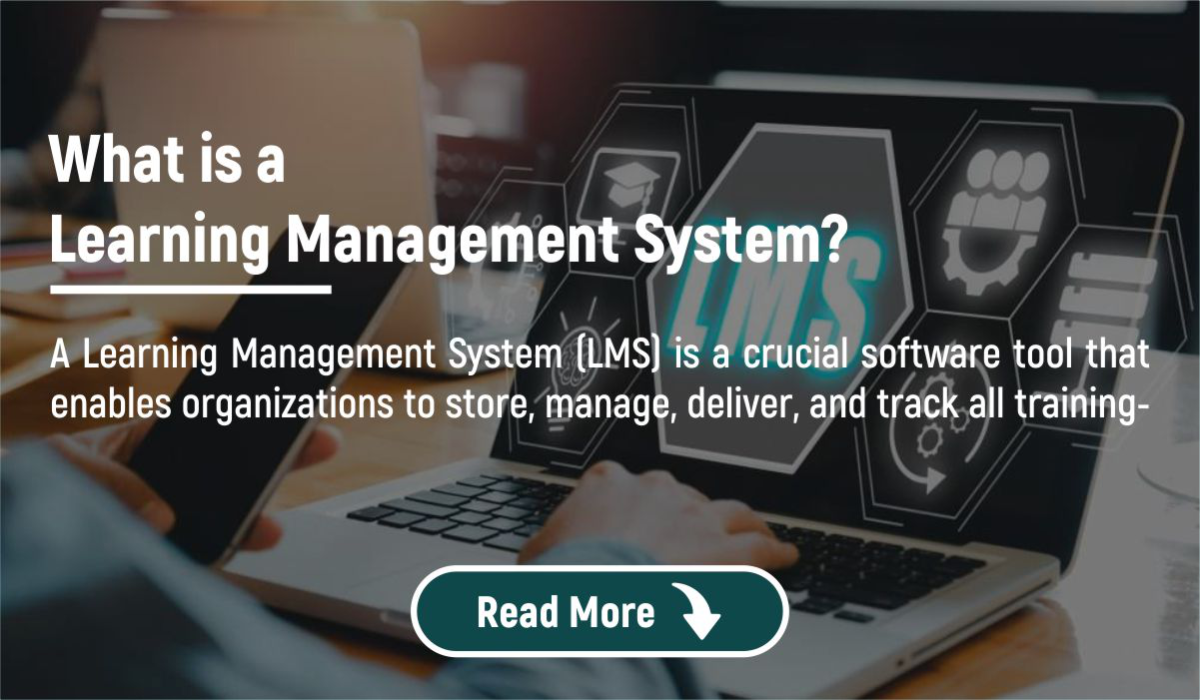
What is a Learning Management System?
Deep Dive into Learning Management Systems (LMS)
A Learning Management System (LMS) is a crucial software tool that enables organizations to store, manage, deliver, and track all training-related content. It streamlines the e-learning process for both the organization and its employees, fostering engagement and productivity. With many high-quality programs available, it is essential for organizations to align their LMS choice with their goals and objectives, particularly if they prioritize employee growth and development. An LMS can be precisely what is needed for those who take employee development seriously.
The Functionality of an LMS
Learning management systems provide employers and company owners with the ability to:
- Control Training Programs: Manage the company’s training and online learning initiatives.
- New Employee Orientation: Facilitate onboarding for new hires.
- Establish and Monitor Goals: Set and track employee objectives.
- Track Development: Monitor individual progress.
- Access Analytics: View detailed analytics to assess training effectiveness.
- Identify Skills Gaps: Recognize areas where employees may need additional support.
- Access Current Data: Ensure up-to-date training information is available.
Importance of an LMS for Businesses
The use of a learning management system offers numerous benefits beyond enhancing accessibility and simplifying the learning process for both the company and its employees:
Cost and Time Efficiency: Train staff using pre-designed courses offered by an e-learning platform, which is more cost-effective and less time-consuming than organizing in-person training. E-learning systems provide regular training opportunities for all employees, regardless of their learning pace. Analytical tools track performance and assess employee interaction with training materials. LMS ensures employees complete mandatory courses such as fire safety, first aid, and onboarding training.
Benefits of a Learning Management System
1. Cost Savings: E-learning is significantly more cost-effective compared to organizing in-person training sessions.
2. Time Savings: E-learning allows employees to learn at their convenience, with easy and rapid access to all materials through an LMS. It also enables administrators to organize training sessions more efficiently.
3. Improved Management: An LMS streamlines management, providing managers and administrators with all necessary resources to facilitate e-learning.
4. Enhanced Learning Experience: Centralizing all training courses and materials in one location improves the learning experience for employees, making them more likely to engage with and complete training programs.
5. Mandatory Training Compliance: Managers can ensure that essential training, such as first aid, fire safety, and other industry-specific courses, is completed thoroughly and to a high standard.
In summary, a Learning Management System is an indispensable tool for organizations committed to the efficient, cost-effective, and comprehensive training and development of their employees. By leveraging an LMS, businesses can ensure consistent training delivery, monitor progress, and enhance overall organizational productivity.
